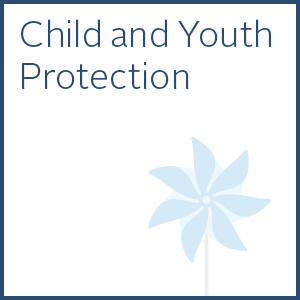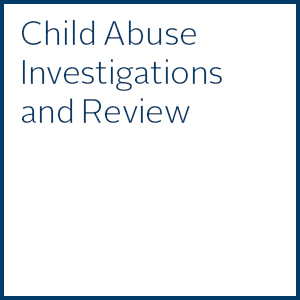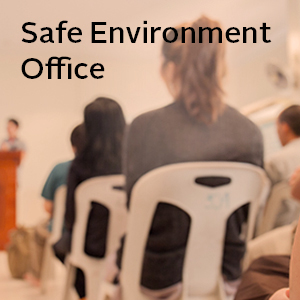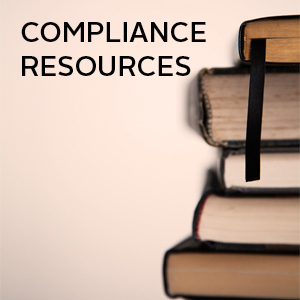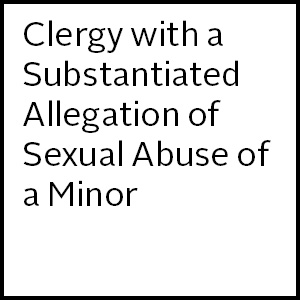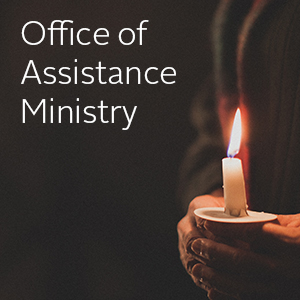What is the Archdiocese doing?
We have done much over the last 25 years in Chicago to implement procedures to prevent clergy sexual abuse and to provide support for victims. Yet in this moment we must work to ensure our procedures are strong enough to keep our young people safe and ensure accountability for all.
We are engaging an outside independent expert to review our policies, procedures and practices to help us establish a higher standard of accountability and ensure that ours is a culture of healing and integrity. We will make their recommendations public and move quickly to adopt any necessary changes.
These changes will build upon our historical response to this issue, which started in 1991. Please click here to see a timeline of the actions taken by the Archdiocese of Chicago.
How is this different from what you’ve already done?
We have spent decades implementing procedures that prevent abuse and provide resources to victim-survivors, procedures that in many ways set the bar nationally and internationally. However, it is clear that in this moment we must invite the fresh eyes of an independent expert to review our policies, procedures and practices comprehensively. Our goal is to set a higher standard of accountability across the Archdiocese.
Why are you doing this now?
We have made significant progress since the Dallas Charter was adopted in 2002. But it has become clear that we must do more to change the culture of clericalism. This is why we are committing to establishing a higher standard of accountability and a fresh path for reconciliation.
How will you hold Church leadership accountable?
As we have for many years, we will continue to report all sexual abuse of minors and vulnerable adults to the proper civil authorities. When church leaders, including bishops, fail in their sacred duty to protect those entrusted to their care, we will press for their removal from ministry. We will also continue our practice of listing the names of abusive priests on our website. In addition, we are conducting a review of religious order members residing in the archdiocese.
Whom is the Archdiocese hiring to review its policies, procedures and practices in this area and make recommendations?
We hired Dr. Monica Applewhite, a leading expert with more than 20 years of experience in the protection of children, youth and vulnerable adults. She will complete her work by the end of January. As we have in the past, we will publicly share the findings of the independent report and the steps we are taking to implement Dr. Applewhite’s recommendations.
How will you listen to victim-survivors?
We will continue our efforts to support victim-survivors through our Victims Assistance Ministry, as we have since 1992. We will also develop a model of authentic healing based on the Truth and Reconciliation Commission and invite the broader community, especially those involved in child care and education, to join us in this effort to bring healing to all victim survivors of child abuse. This model was used in South Africa after the end of apartheid and gave victims of human rights violations the opportunity to share their experiences and begin the healing process through forgiveness and reconciliation. We will provide more details about this endeavor soon.
